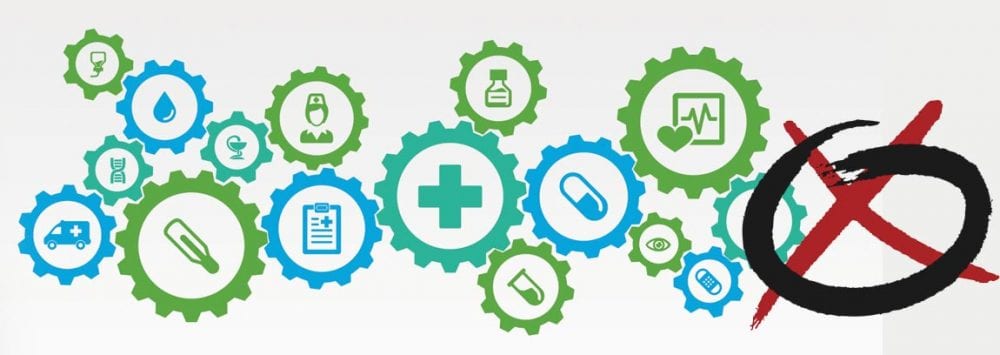Single Payer Healthcare Cons
Part 1
While many people would love to see universal health care become a reality, but there are Single Payer Healthcare Cons. It would mean that thousands of people would receive their health care free of charge, but many issues come up when you start to look seriously at universal and single payer health care. Where it may be easy to talk about healthcare as a human right, it becomes a very different issue when you realize that enabling one person to receive a resource means that another person is obligated to provide the same. Universal healthcare is not a new problem, and it has been debated and discussed for years. Here are a few reasons that this concept has continued to be so hotly debated:
Cost –
As much as we like to hear the word “free” attached to health care, the cost of health care doesn’t suddenly change with a new system. There is no such thing as a free lunch. There will be additional taxes, and no one has given a firm number of how the rest of the cost will be covered. Proponents say that a single payer system will save us money, but no one has come up with a firm dollar for dollar plan that shows this. It is all theoretical and up in the air.
Increased size of government –
For this system to work the government has to oversee all the funds and make sure that it is going to the appropriate places. This can slow down the process considerably. It also puts all the doctors, nurses and health care providers as government workers.
Wait Times –
In countries that have moved to single payer health care, there have been long waits to receive care. If you need to get a medical procedure, some governments suggest that the wait time will be around four and a half months. Where many people have said, they have waited up to eight months before they could receive the treatment they needed.
For more cons of Single Payer Healthcare see part 2 of this blog.


